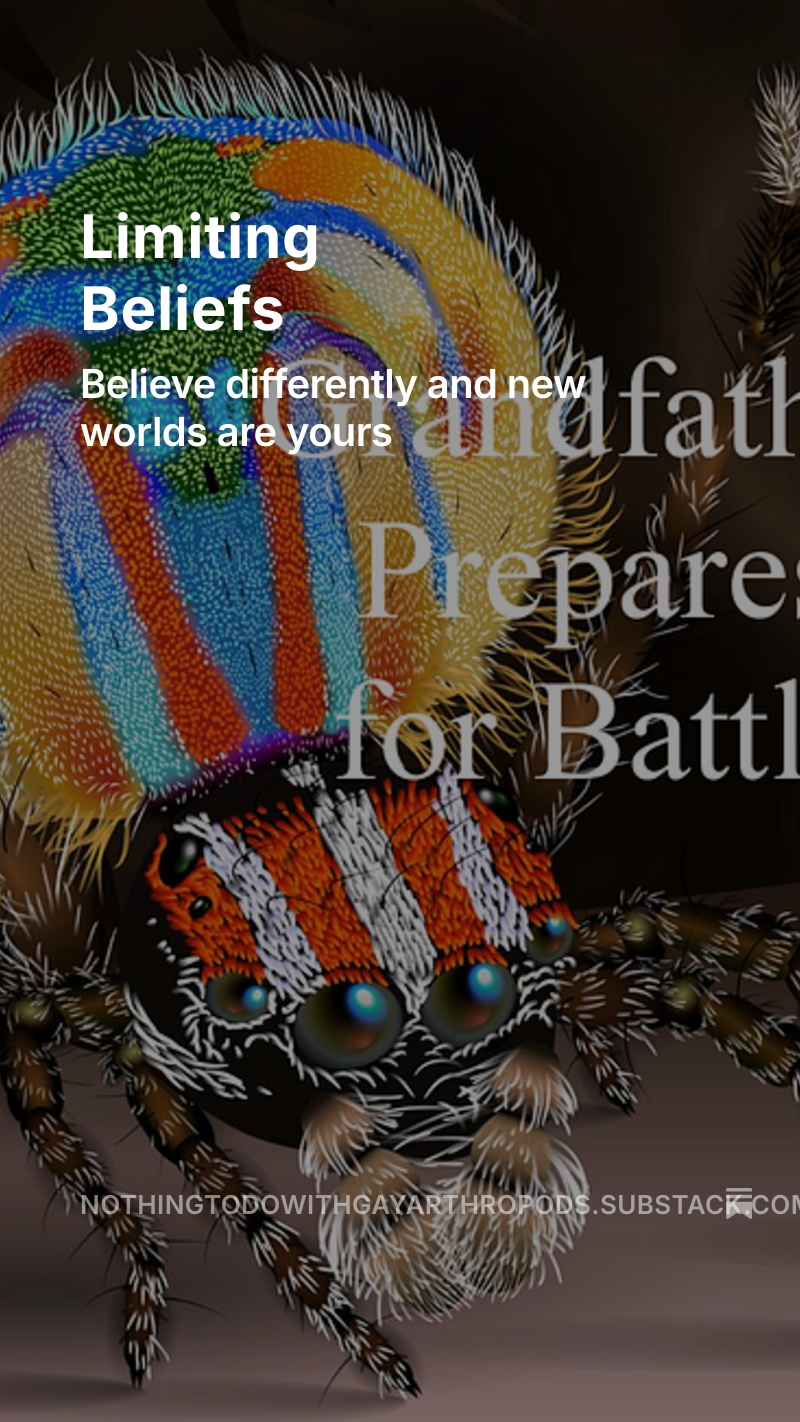Make sure their in-house stylebook/author’s guide suits your work, human editors beat machine editors, and definitely make sure the editor they assign you is familiar with your genre
(oops! this was suppose to go out last week. my bad. sorry.
Part 1 of this series covered my entry into the world of noveling, and the first quote-publisher-unquote who wanted my premier novel, The Augmented Man. I shared three critical issues to ask any publisher before signing with them:
- Marketing – how would the publisher get word of my book out to potential readers?
- Distribution – how would the publisher get my book into potential readers’ hands?
- Career Development – what would the publisher do to help me become a better author?
This post deals with publisher #2 and critical issue #3 from the list above
Nutshell takeaway: Publishers interested in developing you as an author put their own money into it. You’re an investment. They work with you to develop your craft and help you learn how to improve your craft because they know, in the end, they’ll make more money from an author with developed talent than an author with stalled talent.
I became careful investigating publishers due to my experience with publisher #1. Investigating before entering into any kind of agreement with an unknown entity (organization or individual) is called due diligence. I was learning that the publishing landscape changed since my 1980s-based experiences, and due diligence became one of my tools in seeking out publishers.
Before submitting to publisher #2, I asked around in writers groups, message boards, talked with the people I’d be working with, et cetera.
One anomaly occurred: Someone praised the publisher on one board. Their praise was so over-the-top I asked if they worked for the publisher.
No, they didn’t.
But when I looked through the publisher’s staff, there the praiser was. In charge of acquisitions. Meaning they’d have the deciding vote on whether to send my work up the chain.
So I asked via the message board if this individual worked for the publisher.
Well, yes they did, but they got the job slightly after they responded to my initial query.
Okay, such happens. Several 1980s trade-technical authors put me on their letterhead because I was so well recognized in the industry.
Onward and Upward.
Publisher #2 read my The Augmented Man and asked if I had other books ready to go.
Specifically, they asked if The Augmented Man was the first in a series.
“No, it’s not.”
Could I make it into a series?
“The protagonist completes his growth arc at the end of the novel. I’m not sure how to develop him further from there.”
Did I have other books available?
“I have Tales Told ‘Round Celestial Campfires and Empty Sky ready to go and two others ready for editing.”
They sent me a contract for a five book deal.
I was thrilled. I was ecstatic. I was humbled. I was honored.
Now let me tell you how I was damn near screwed.
Continue reading “A Tale of Six Publishers – Part 2”
 What, you didn’t know I had a Substack?
What, you didn’t know I had a Substack?
